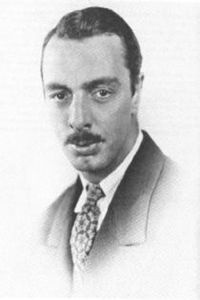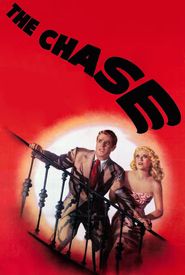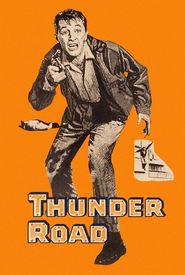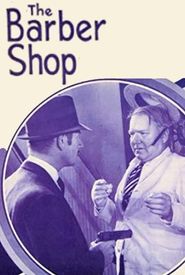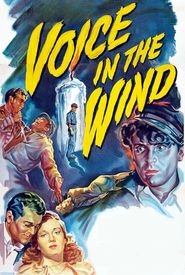Arthur Ripley embarked on a storied career in the film industry, commencing as an apprentice at Kalem Pictures before moving on to work with various studios, including Vitagraph and Metro. By the early 1920s, he had established himself as a gag writer for Mack Sennett, a renowned figure in the world of comedy.
In 1923, Sennett signed vaudeville comic Harry Langdon, tasking Ripley and fellow gag writer Frank Capra with developing a storyline for Langdon's character. The duo created a series of successful two-reel comedies, with Langdon's pantomime skills captivating audiences nationwide.
For the next few years, Sennett continued to produce film after film, with Ripley and Capra penning the scripts and Harry Edwards directing. The last film to be produced on the Sennett lot was Saturday Afternoon, released as a three-reeler in 1926.
That same year, Langdon left Sennett to form his own production company, the Harry Langdon Corporation, and recruited Edwards, Capra, and Ripley to join him. The inaugural film produced by the new company was Tramp, Tramp, Tramp, which became a massive hit.
Edwards departed after one film, with Capra taking over as director, although still collaborating with Ripley on the script. Capra went on to direct the next two films, The Strong Man and Long Pants, before leaving the company. Ripley remained as head writer, with Langdon not only starring but also taking on directorial duties.
Without Capra's involvement, the next three films produced by the Harry Langdon Corporation failed to impress, and Ripley soon found himself seeking new opportunities. During the 1930s, he continued to work as a gag writer for various short films, a role he had previously held a decade prior.
In addition to his writing duties, Ripley occasionally directed and, in the 1940s, added producer to his credits, further expanding his repertoire in the film industry.
